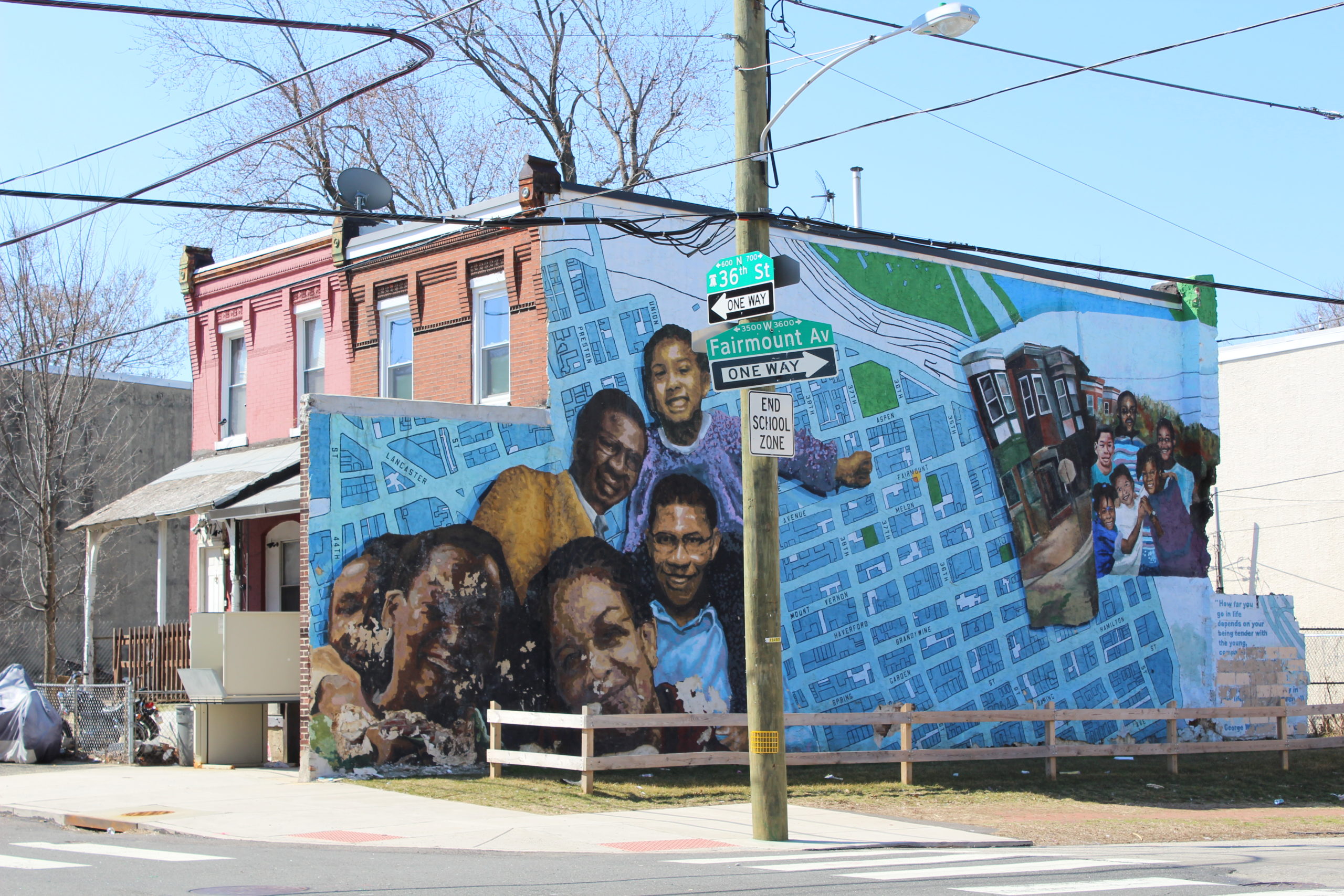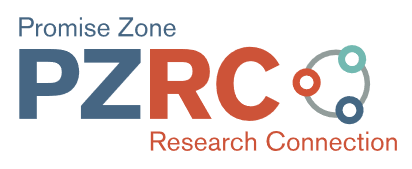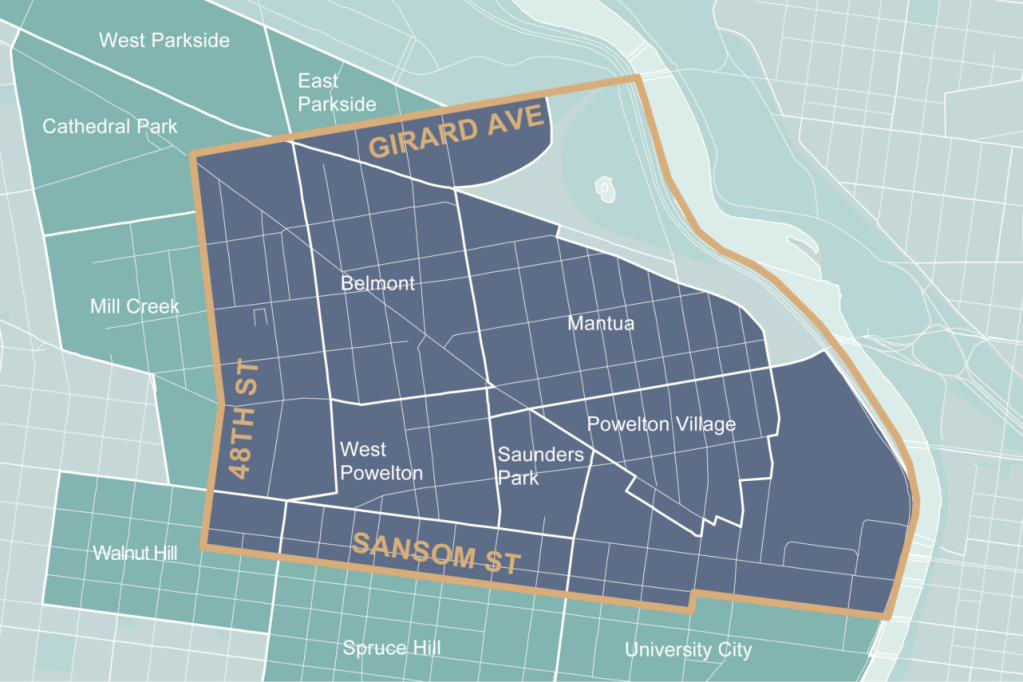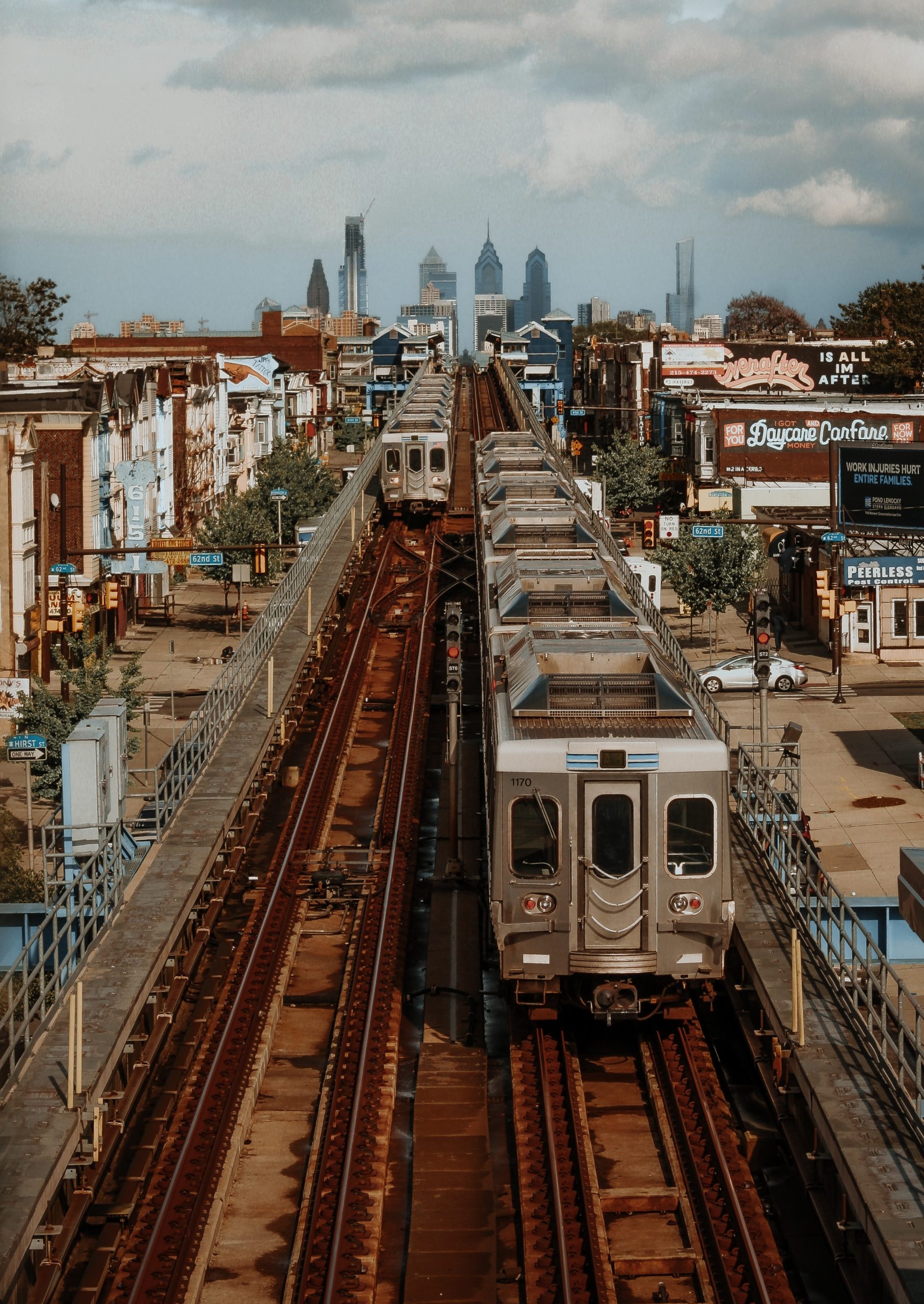About The West Philadelphia Promise Zone
Promise Zones are federal place-based initiatives designated by the Obama administration to address challenges faced by people living in deep and persistent poverty. The West Philadelphia Promise Zone (WPPZ) was one of four first-round designations declared in January 2014 and is now one of twenty-two Promise Zones that serve urban, rural, and tribal areas across the country. The ten-year designation offers preference points to help local organizations be more competitive when applying for federal funding for projects within the Zone, provides the support of AmeriCorps VISTAs, and uses a collective impact approach to facilitate partnerships and cross-sector coordination. These efforts aim to create jobs and affordable housing, improve education and health, reduce crime, and empower the community.



